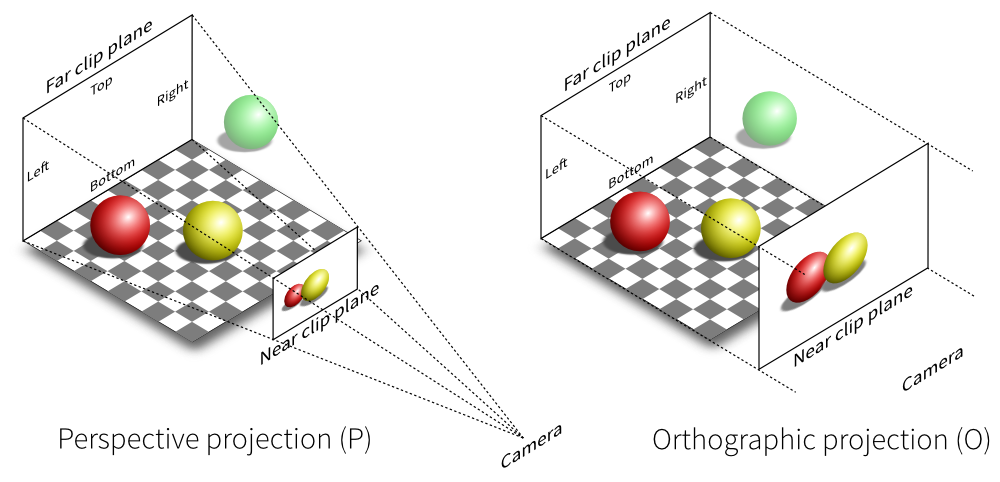1
2
3
4
5
6
7
8
9
10
11
12
13
14
15
16
17
18
19
20
21
22
23
24
25
26
27
28
29
30
31
32
33
34
35
36
37
38
39
40
41
42
43
44
45
46
47
48
49
50
51
52
53
54
55
56
57
58
59
60
61
62
63
64
65
66
67
68
69
70
71
72
73
74
75
76
77
78
79
80
81
82
83
84
85
86
87
88
89
90
91
92
93
94
95
96
97
98
99
100
101
102
103
104
105
106
107
108
109
110
111
112
113
114
115
116
117
118
119
120
121
122
123
124
125
126
127
128
129
130
131
132
133
134
135
136
137
138
139
140
141
142
143
144
145
146
147
148
149
150
151
152
153
154
155
156
157
158
159
160
161
162
163
164
165
166
|
#include <bits/stdc++.h>
namespace IO {
inline char read() {
static const int IN_LEN = 1000000;
static char buf[IN_LEN], *s, *t;
s == t ? t = (s = buf) + fread(buf, 1, IN_LEN, stdin) : 0;
return s == t ? -1 : *s++;
}
template<class T>
inline void read(T &x) {
static char c;
static bool iosig;
for (c = read(), iosig = false; !isdigit(c); c = read()) {
if (c == -1) return;
c == '-' ? iosig = true : 0;
}
for (x = 0; isdigit(c); c = read())
x = (x + (x << 2) << 1) + (c ^ '0');
iosig ? x = -x : 0;
}
}
namespace Maxflow {
const int MAXN = 100010;
struct Node {
int v, f, index;
Node(const int v, const int f, const int index) : v(v), f(f), index(index) {}
};
std::vector<Node> edge[MAXN];
inline void addEdge(const int u, const int v, const int f) {
edge[u].push_back(Node(v, f, edge[v].size()));
edge[v].push_back(Node(u, 0, edge[u].size() - 1));
}
int h[MAXN], gap[MAXN];
inline int sap(int v, int flow, int s, int t, int n) {
if (v == t) return flow;
register int rec = 0;
static int iter[MAXN];
for (register int i = iter[v]; i < edge[v].size(); i++) {
Node *p = &edge[v][i];
if (p->f > 0 && h[v] == h[p->v] + 1) {
register int ret = sap(p->v, std::min(flow - rec, p->f), s, t, n);
p->f -= ret, edge[p->v][p->index].f += ret, iter[v] = i;
if ((rec += ret) == flow || h[v] >= n) return rec;
}
}
if (!(--gap[h[v]])) h[s] = n;
gap[++h[v]]++, iter[v] = 0;
return rec;
}
const int INF = INT_MAX >> 1;
inline int sap(int s, int t, int n) {
register int ret = 0;
gap[0] = n;
while (h[s] < n) ret += sap(s, INF, s, t, n);
return ret;
}
int s, t, n, m, num;
typedef std::pair<int, int> Pair;
typedef std::map<Pair, Pair> Map;
Map map;
std::vector<int> v[MAXN];
const int dir[2][3][2] = { -1, 0, 1, 0, 0, 1, -1, 0, 1, 0, 0, -1 };
inline void addSpecialEdge(const int x, const int y, const int d) {
Map::iterator p1 = map.find(Pair(x, y)), p2 = map.find(Pair(x, y + d));
#ifdef DBG
fprintf(stderr, "addSpecialEdge: ");
#endif
addEdge(p1->second.first, p2->second.first,
std::min(p1->second.second, p2->second.second));
}
inline Map::iterator addINFEdge(const int x, const int y, const int d, bool rev = false) {
Map::iterator p, o = map.find(Pair(x, y));
for (register int k = 0; k < 3; k++) {
if ((p = map.find(Pair(x + dir[d][k][0], y + dir[d][k][1]))) != map.end()) {
#ifdef DBG
fprintf(stderr, "addINFEdge: ");
#endif
rev ? addEdge(p->second.first, o->second.first, INF) :
addEdge(o->second.first, p->second.first, INF);
}
}
return o;
}
inline void build() {
s = 0, t = num + 1;
for (register int i = 1; i <= n; i++) {
for (register int j = 0; j < v[i].size(); j++) {
register int x = i, y = v[i][j];
if ((x & 1) && (y & 3) == 1) {
if (j < v[i].size() - 1 && v[i][j + 1] == y + 1)
addSpecialEdge(x, y, 1);
} else if ((~x & 1) && (y & 3) == 0) {
if (j > 0 && v[i][j - 1] == y - 1)
addSpecialEdge(x, y, -1);
} else if ((x & 1) && (y & 3) == 2) {
addINFEdge(x, y, 0);
} else if ((~x & 1) && (y & 3) == 3) {
addINFEdge(x, y, 1);
} else if (((x + y) & 1) && (x & 1)) {
Map::iterator o = addINFEdge(x, y, 0);
addEdge(s, o->second.first, o->second.second);
} else if ((x & 1) && ((x + y) & 1) == 0) {
Map::iterator o = addINFEdge(x, y, 1, true);
addEdge(o->second.first, t, o->second.second);
} else if (((x + y) & 1) && (~x & 1)) {
Map::iterator o = addINFEdge(x, y, 1);
addEdge(s, o->second.first, o->second.second);
} else {
Map::iterator o = addINFEdge(x, y, 0, true);
addEdge(o->second.first, t, o->second.second);
}
}
}
}
inline void solve() {
using namespace IO;
read(m), read(n), read(num);
for (register int i = 1, x, y, w; i <= num; i++)
read(y), read(x), read(w), map[Pair(x, y)] = Pair(i, w), v[x].push_back(y);
for (register int i = 1; i <= n; i++) std::sort(v[i].begin(), v[i].end());
build();
std::cout << sap(s, t, t + 1);
}
}
int main() {
Maxflow::solve();
return 0;
}
|



